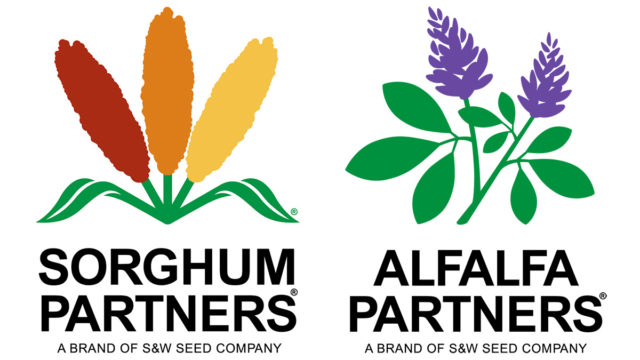It is an issue that has held the attention of the forage industry for several years, and it appears we might be headed to some type of resolution.
Recent comments by Dr. Andrea Huberty of the Animal and Plant Health Inspection Service (APHIS) have pointed to a soon-to-be-completed date for the draft of the environmental impact statement (EIS) on Roundup Ready alfalfa.
The court stated in 2007 that APHIS did not carry out its due diligence in deregulating Roundup Ready alfalfa because it didn’t complete a full EIS. Since then, Dr. Huberty and her team have been working on completing a draft statement, and it appears it is near finalization.
The next step in the process is one that hands to producers and people within the forage industry the opportunity to comment on how the deregulation of Roundup Ready alfalfa would impact them, either in a positive or negative way.
This is one of the few direct contact points producers and others wishing to express their feelings surrounding biotechnology will have regarding its use.
Regardless of your feelings, either positive or negative, toward the use of biotechnology in the development of forages, there will not be another opportunity like this to have your voice be heard.
What happens with this trait will have a huge bearing on the use and development of several technologies now in the works for alfalfa and other forage crops.
I also know, through these discussions, that many producers are reluctant to share their stories and feelings. I understand this fear, but right now, taking the shrinking violet approach to this comment period isn’t going to do the industry any good.
Without interest or input, the government and court system can only speculate on the individual realities these biotechnology traits have in the forage industry. With that said, here are a few tips I would offer when making comments on the upcoming EIS for Roundup Ready alfalfa:
- Don’t assume your viewpoint will be expressed by someone else. As was stated above, now is not the time to be shy. Only you can voice your experiences and feelings about using this and other biotechnology traits.
If you are waiting for someone else to do it, you might not ever be heard.
- Keep your comments concise and to the point. The best way to keep on track is to write your comments down and then have someone else read them.
Don’t be afraid to rework or reword any part. It doesn’t have to be perfect by any means, but clarity is always best.
- Stay to facts and experiences whenever possible. While this debate has been emotion-driven, your best comments are those based on personal experience and facts you are directly involved with.
If you don’t have direct experience with either using or being impacted by Roundup Ready alfalfa, your opinion and feelings are still important.
It is the nature of most people to quietly sit on the sidelines and let others do the speaking for them. Now, however, is not that time.
Commenting is not only important, it might be the difference in whether or not this biotechnology trait and others to follow are allowed to be used in forage production. Action, not ambivalence, is the call to hay producers, and everyone is invited in on the action this time. FG
Darren Olsen
Editor










